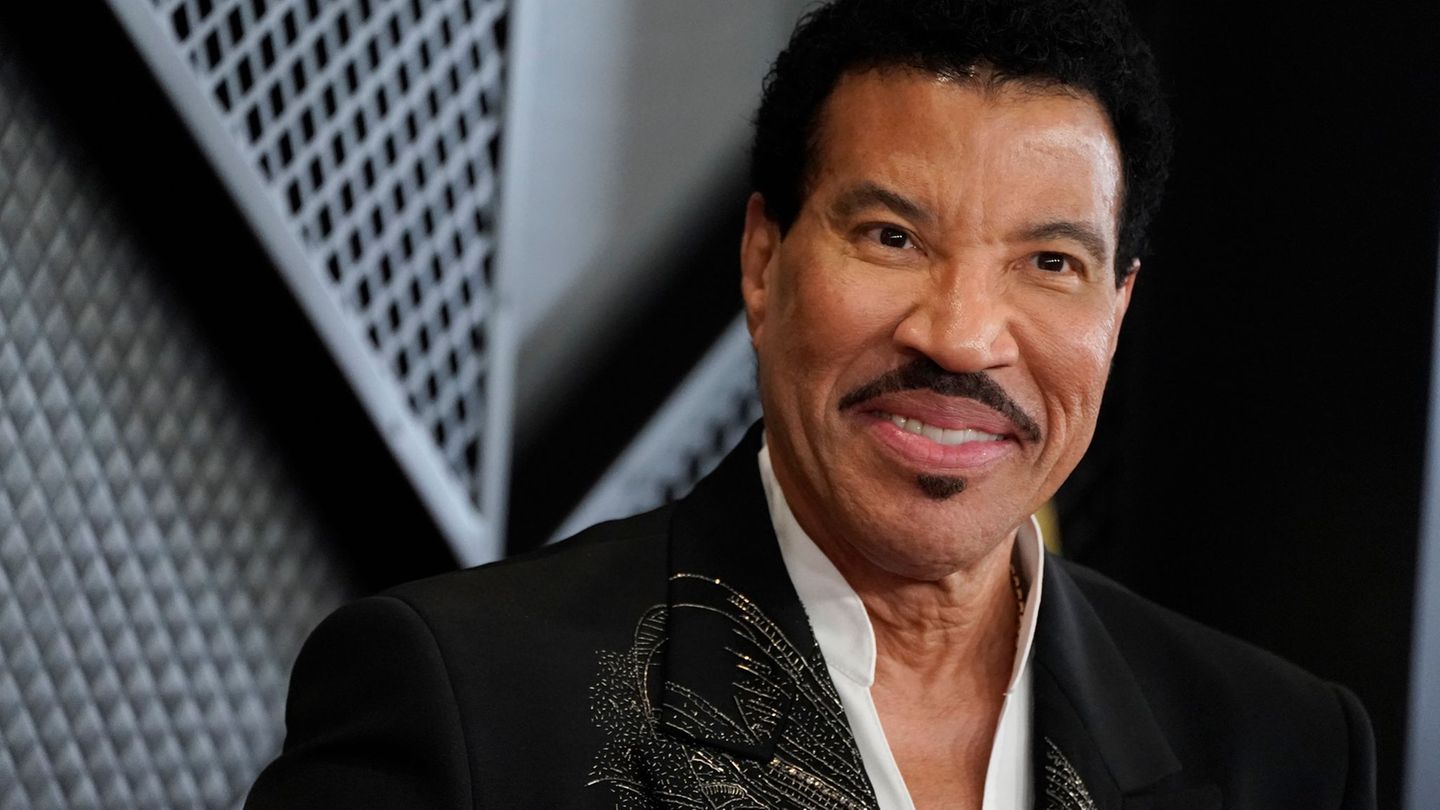Despite major differences, the US and China are at least talking directly to each other again. However, it is not enough for better crisis management. How can the dialogue be advanced?
China and the US want to improve their troubled relations. From the Chinese perspective, US Secretary of State Antony Blinken’s first visit to China has made some progress in relations, but major differences remain. “We both agreed that we need to stabilize our relationship,” Blinken said at the end of their two-day talks. As a special gesture, China’s head of state and party leader Xi Jinping even received him, which was unusual in terms of protocol.
He emphasized that direct dealings and ongoing communication are the best way “to deal responsibly with differences and to ensure that competition does not turn off in conflict,” said Blinken to journalists at the end. In his talks, he emphasized several times that it was “essential” to set up channels for crisis communication and military contacts, Blinken said. “Until this moment, China is not ready to go ahead with it.”
Those are the points of contention
Blinken was the highest number of US visitors to China since US President Joe Biden took office in January 2021. No US Secretary of State has been to China since 2018. Among other things, the two sides are at odds over trade issues, Chinese backing for Russian President Vladimir Putin in his war of aggression against Ukraine, China’s territorial claims in the South and East China Seas and its threats to the democratic island republic of Taiwan.
“We are under no illusions about the challenges of managing this relationship,” Blinken said. “There are many issues on which we deeply, even passionately, disagree.” He invited his Chinese counterpart Qin Gang to the United States. Government representatives from both sides should also advance the dialogue with more mutual visits.
He assured the Chinese side that the USA wished the second-largest economy every success and, if only in its own interest, was not pursuing a decoupling from China. “We advocate risk reduction and diversification,” said the foreign minister. However, the USA wanted to protect important technology “so that it could not be used against us”. The United States continued to take targeted measures to protect national security.
Xi Jinping sees ‘progress’
In his meeting with Blinken, Xi Jinping spoke of “progress” from the visit. Both sides had “reached agreement on certain issues”. “That’s very good.” The president described Blinken’s talks with top foreign policy chief Wang Yi and foreign minister Qin Gang as long, frank and in-depth. Both sides have agreed to implement the agreements he made at his meeting with Biden in Bali in November. At that time, the summit of the G20 group of large industrialized and emerging countries took place on the Indonesian island.
While the USA and China are again talking directly to each other, the exchange between Beijing and Berlin is gaining momentum again: the new Chinese Prime Minister Li Qiang began a visit to Germany in Berlin with a meeting with Federal President Frank-Walter Steinmeier. Government consultations with Chancellor Olaf Scholz (SPD) and ministers from both sides will follow on Tuesday.
During his meeting with the US Secretary of State, Chinese leader Wang Yi did not mince his words. He accused the US of having a “misperception” of its country, which in turn leads to “wrong policies”. Blinken’s visit comes at a critical time: “It is necessary to choose between dialogue or confrontation, cooperation or conflict.” Blinken had wanted to come in February, but canceled the visit because of a suspected Chinese spy balloon over the United States.
Taiwan issue
Wang Yi urged the US to stop hyping the “Chinese threat theory.” They must also lift unilateral sanctions and end his country’s “suppression of technological development.” Furthermore, the US should no longer be allowed to interfere in China’s internal affairs. Especially on the question of Taiwan, there is “no room for compromises” for China, emphasized the politician, who is above the foreign minister in the hierarchy.
Wang Yi demanded that the United States must faithfully adhere to the one China principle, honor its commitments to Beijing and reject Taiwan’s independence. As early as 1979, the USA committed itself to Taiwan’s ability to defend itself, which up until now has mostly meant arms deliveries. China regards the island republic as part of the People’s Republic and threatens to conquer it.
The One China policy means that Beijing is recognized as the only legitimate government. Taiwan, on the other hand, has had an independent government for more than seven decades and has long since given up the claim of wanting to represent all of China. Blinken asserted that the US continued to adhere to the one-China policy but opposed any unilateral change in the status quo.
Source: Stern
I have been working in the news industry for over 6 years, first as a reporter and now as an editor. I have covered politics extensively, and my work has appeared in major newspapers and online news outlets around the world. In addition to my writing, I also contribute regularly to 24 Hours World.




